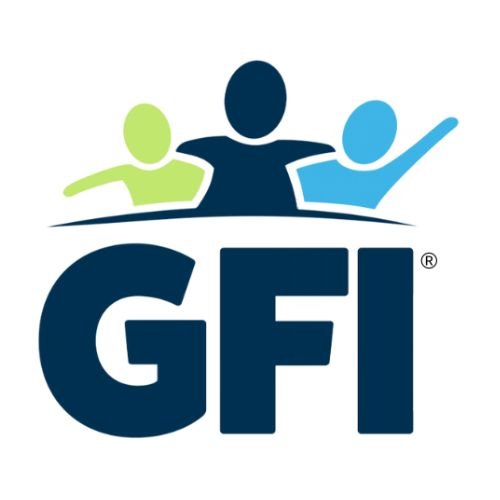The Case for Explaining Your Autistic Child's Neurology
As a community helping children to be more aware, accepting, and empathetic, we can do better – and we must. Whether we’re improving our neurodivergent children’s self-awareness and perception or helping neuromajority children realize that different brain wiring impacts the way autistic peers understand and process the world around them, sharing information in an age-appropriate, strengths-based way is critical to healthy social emotional development.
Neurodivergence and Emotional Response
What any educator will confirm is that every child is unique, whether on the spectrum or not. How they react to stimuli will vary among them, with some increased irregularity among our neurodiverse kids. Recognizing exactly how we’re feeling from their perspective, or how they’re feeling inside, can be difficult to interpret. Here are some common emotional responses to dispel some of the mystery.
Demonstrating Autistic Acceptance
If the aim is an inclusive classroom for neurodivergent kids, we aren’t going to achieve much without leadership showing them how it’s done. Modeling this sort of behavior might feel cumbersome, for fear of overcompensating with forced or unnatural interactions. But a few subtle techniques fly right under the radar and create a culture of acceptance with ease.
5 Classroom Activities That Foster Inclusion
As educators, we value the importance of inclusion and recognize that each and every student comes with their own gifts, quirks, and challenges. Our kids, who are still discovering who they are, and each other, benefit from classroom activities that foster inclusion, educate and celebrate their unique characteristics, and create better connections between peers.
How Will Students Know They Belong in Their Classroom?
Since the average enrollment of an American public school exceeds 500 students (EducationWeek, 2019), by the numbers associated with autism prevalence (CDC, 2021), an administrator can be statistically assured that the school’s count of students on the spectrum will be in the double digits. It is likely that the least restrictive environment for those autistic students will be in inclusive classrooms. And the way to prepare the environments in those inclusive classrooms is in part through peer education.
'Of course you should understand me!'
If you're a long-time reader of this blog, you know that much of what we (Good Friend, Inc. co-founders Chelsea Budde and Denise Schamens) write about comes from personal experience. Whether it's something we've encountered while "in the field" or in our own homes, raising children with differently-wired brains, it's often illustrative of a greater truth or broader concept.
"We ALL Fit" single release!
In 10 days, on Thursday, January 9, 2014, at 10 a.m., some 500 teachers, students, administrators, community stakeholders, and cast members will gather at Cushing Elementary in Delafield, Wis., to see the "We ALL Fit" music video by The Figureheads for the first time. Following the world premiere event, the video will be available on YouTube and the single (featuring Noelle Budde, Evelyn Barta, and Regan Carter) will be available through online music outlets. Like our Facebook page to get the links after the premiere.
"I want to see!"
Being the eldest of six children had its advantages when growing up. Until ALL of my younger siblings eventually surpassed me in height, I could often see things before they could: the first snow falling outside our window, the next float coming down the parade route, the favorite animal exhibit at the zoo. Invariably, one of my brothers or sisters would shout out, exasperated, "I want to see!" Then we'd step back, or bring one of the little ones up higher so he or she could get a better look.
Bullying vs. Disability Harassment
It's a busy month for Good Friend, Inc. - and with good reason. October is National Bullying Prevention Month. While Good Friend's autism awareness-acceptance-empathy services for staff and students aren't specifically about bullying, they are intended to prevent disability harassment. So for as long as there isn't a Disability Harassment Prevention Month, we'll piggyback on the bullying movement.
What is the learner objective?
When we started developing our student curriculum nearly seven years ago, Denise and I knew what we, as parents, wanted typically-developing peers to know about their classmates with autism, including our own sons. Not long after we had done some field tests, we assembled a committee to review our newly-hatched programs and services. One of the members encouraged us to identify learner objectives for our programs to clarify the content.











